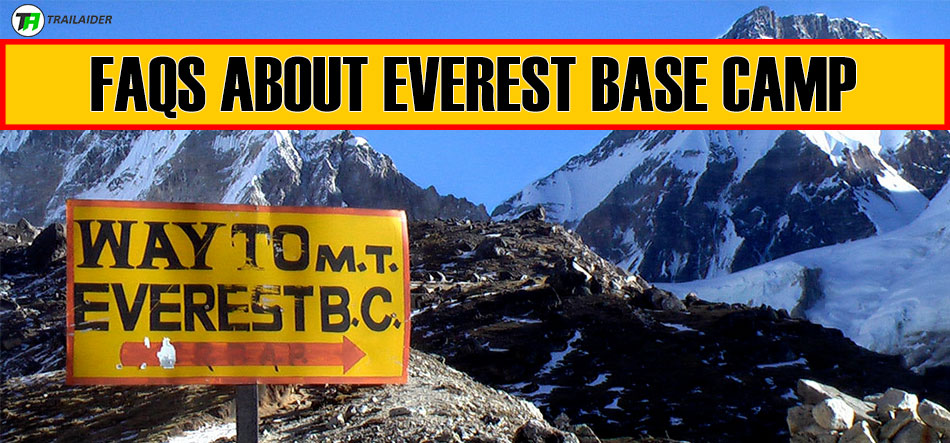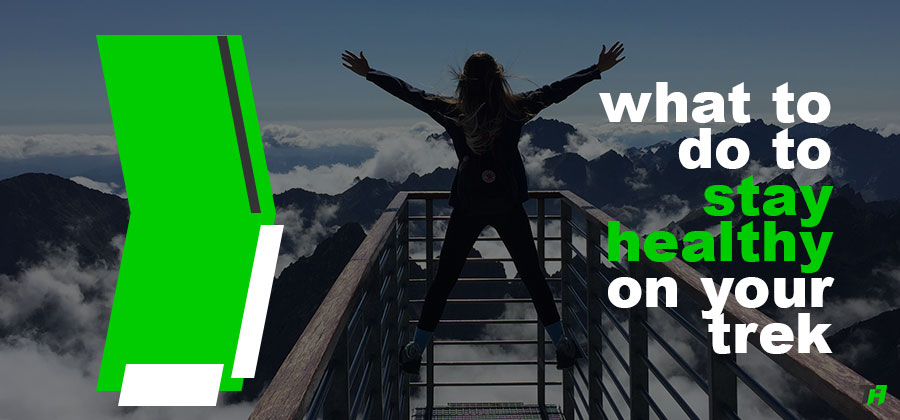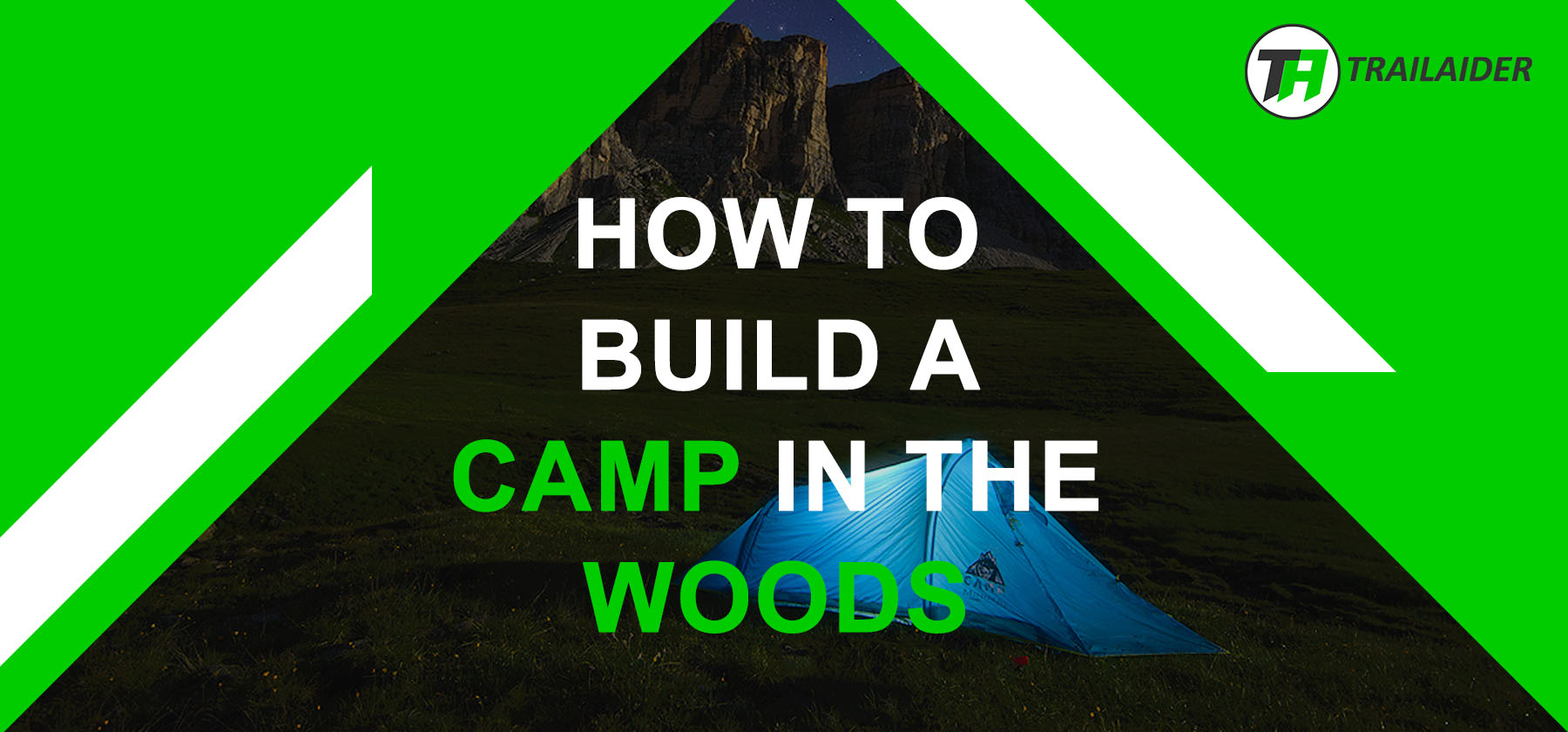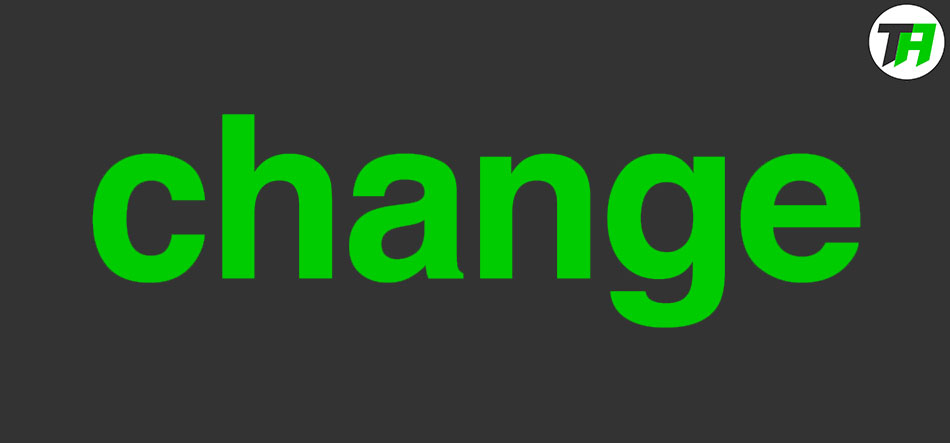
FAQs about Everest Base Camp and Their Answers
Before making the trek to Everest Base Camp or even training for it, people have a lot of questions on their mind. There are a lot of blogs and articles floating on the internet about Everest Base Camp but very few of them answer to everything needed to know about the EBC trek.
Below are the questions that people have been asking about Mt. Everest Base Camp Trek –
1. The basic question starts with, how difficult is Everest Base Camp trek?
It is a moderate level hike with an easy afternoon of rolling flats and difficult steep climbs but overall it is a manageable trek for someone who has little or no trekking experience. With proper guidance and training, you should be able to complete the trek to EBC. However, even with proper training, you might get altitude sickness, which means you will have to return to a lower elevation.
2. Is the trek Dangerous?
The answer is Yes and a No. Altitude can kill but it is not likely. If you will take your time and assimilate properly you should be just fine. Often people have fallen off the trail either by accident or have been knocked off by a yak, but this isn’t a serious concern if you are alert. Always give animals the right way and stay on the inside of the trail.
3. What are the trekking options for Everest Base Camp tours?
This will all depend on what you are basically looking for. Trekking options might include –
- A Private guide with a Porter
- Private Guide with no Porter
- No Guide with Porter
- No Guide and no Porter
- Porter/Guide Combined
- Small Group Tour with Guide and Porter
Experienced hikers might put up with a solo trek and if they can carry their own gear. But most of the people hire porters and guides for a stress free trek. And if you have a large pack it would be recommended to hire a porter.
Note: While choosing a group, always keep in mind that a large group of 15 to 20 people will become difficult for you to handle as there will be all sets of people with different skill levels making it frustrating for you. This will happen while waiting for people to catch up, slow down or use the restroom and rest.
4. What would be the Everest Base Camp trek cost?
Price range per person is $1200 to $5000 for an average EBC trek. This costing will include all the permits, round trip flights from Kathmandu to Lukla, all the accommodations, meals, and certainly more things, but this costing will not include – Travel insurance, visa fee, and trekking equipment.
Package tour of a Nepali Trekking company
Package range – $1400 to $1700 for an average trek. This costing will include – all the permits, round trip flights from Kathmandu to Lukla, all the accommodations, meals, and certain more things, but this costing will not include – Travel insurance, visa fee, and trekking equipment, and drinking water.
Package of Everest Base Camp from India
Per person, cost will be 35000/- for the Indian National and $800 for any other nations or NRIs. This costing will include – all the permits, round trip flights from Kathmandu to Lukla – Kathmandu, basic accommodation, porter, and guide. Govt. tax is applicable extra.
5. Do I need travel insurance?
Yes, you must purchase travel insurance and make sure it covers you at high altitudes. Injuries and high altitudes sickness are very common on this trek, so it’s recommended that you pick up insurance before you go.
6. Which is the correct season to trek?
Both spring and fall season is great to trek to the EBC. Snow or rain can hit during either season, so pre-monsoon in March or April and post-monsoon in October or November are the best seasons to trek.
7. Should I train myself before I trek?
Yes, a bit of training and conditioning is required before hitting the trek. Start by walking several miles every day. And if you are a couch potato, you may want to start by walking or running a couple of miles, few times a week. Also, spend some time climbing the stairs or even start working out at the gym.
8. Should I bring my own food on the trek?
Nepalese food is great and you will get used to all the daal bhat. However, there is a lack of nutritious snacks on the trail. If you do not want to eat Twix or Snickers for boosting your energy then you must bring your own healthy snacks.
9. Should I carry my own water?
You will find plenty of water on the way. And you can fill the water bottles along the way for free at the restaurants, lodges, and taps, but make sure you put an iodine or chlorine pill before consuming. Then after 30 minutes, you can drink your clean water. Water bottles can also be purchased if you do not want to wait to drink the water but these can be higher than $3.50 per bottle.
10. Resting and staying options in EBC?
You can stay in guest houses along the way. These will be 1-2 bedroom rooms. Lodging is inexpensive during non-season times, ranging from free to $2. Most of the rooms will be heated by dung stove.
11. How much should I bring along?
Bring only the essentials to keep your bag light. You will repeat all your clothing and wear the same thing nearly every day. Keep in mind to carry –
- A solid hiking shoe
- Fleece jacket
- Down jacket
- Long sleeve hiking shirts
- Yoga pants
- Trekking pants
- Thermal pants
- Woollen socks
- Beanie
- Scarf or a headband
- Hat
- Sunglasses
12. What is the route to Everest Base Camp?
It is a 12-day route with three acclimatization days. The route may get longer if you decide to add the three Passes, Gokyo Lakes. Your route will start –
- Day 1: Flight to Lukla
- Day 2: Trek to Namche Bazar
- Day 3: Acclimatization day hike to Shyangboche
- Day 4: Trek to Debuche
- Day 5: Trek to Dingboche
- Day 6: Acclimatization day to the nearby mountain
- Day 7: Acclimatization day to Chukhung
- Day 8: Trek to Lobuche
- Day 9: Trek to Gorak Shep, go to Everest Base camp
- Day 10: Climb Kalapattar, Trek to Pheriche
- Day 11: Trek to Namche Bazar
- Day 12: Trek to Lukla
- Day 13: Flight back to Kathmandu
13. Are showers available on the trek?
Yes, but most of the trekkers don’t take them. Showers are mostly free in Namche but will cost higher as you go up. Everyone smells at the trek, so need not worry about it. Your biggest concern will be staying warm along the trail. Waiting for a hot shower is very rewarding after days on end without them.
14. Is there any kind of permits required?
Yes, there are two permits required, one from the government which you can get from Kathmandu and then one from the national park which can get during the trek.


